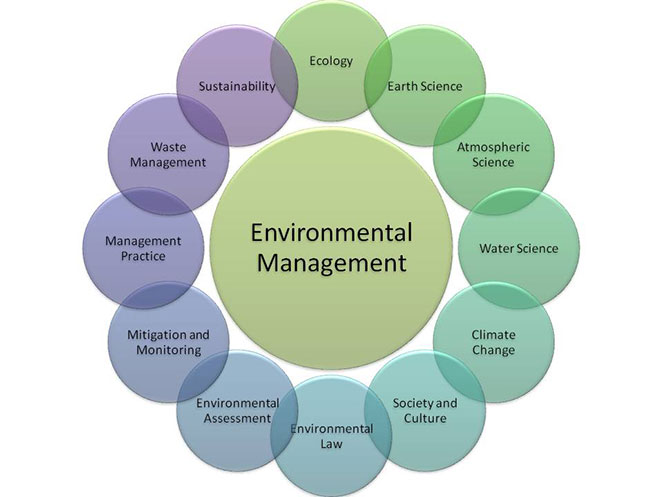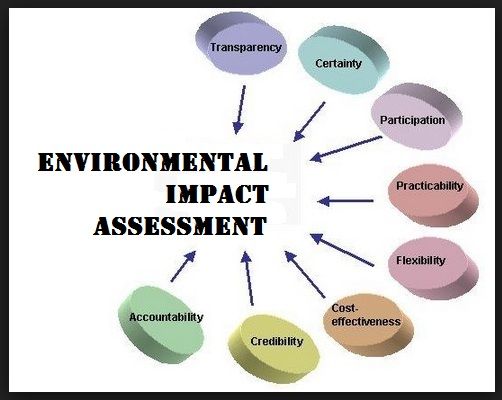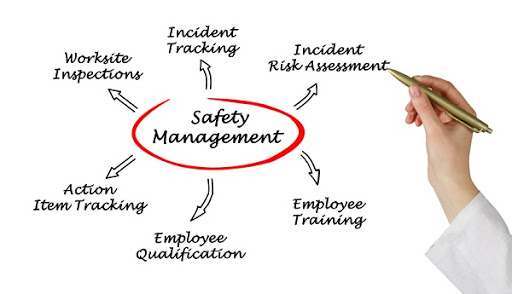

After participating in this course, you will be able to be aware of:
• Overview of environmental compliance and regulatory frameworks.
• Evolution of environmental regulations and current trends.
• Federal, provincial, and municipal regulation interplay and jurisdictional complexities.
• Importance of regulatory compliance in avoiding liability and enhancing operational sustainability.
• Practical applications for industries, focusing on aligning business operations with environmental mandates.
• Role of environmental management systems in achieving compliance and operational efficiency.
• How this course addresses both foundational knowledge and advanced updates for diverse industries.
By the end of this training seminar, participants will learn how to:
• To review the current environmental regulations, their implications for various sectors, and their application to processes and projects.
• Interpret Major Environmental Laws: Identify and understand key environmental laws and regulations impacting industry, such as the Clean Air Act, Clean Water Act, and Resource Conservation and Recovery Act.
• Develop Environmental Management Systems (EMS): Design and implement EMS to support environmental improvements and ensure compliance with regulations.
• Assess Environmental Impacts: Evaluate the environmental aspects and impacts of organizational activities to set objectives and targets for improvement.
• Manage Hazardous Materials: Apply best practices for handling, storing, and disposing of hazardous materials in compliance with environmental regulations.
• Prepare for Environmental Audits: Develop strategies to effectively prepare for and respond to environmental compliance audits and inspections.
• Enhance Sustainability Practices: Integrate sustainable practices into business operations to minimize environmental footprints and promote corporate responsibility.
• Navigate Environmental Reporting Requirements: Understand and fulfill reporting obligations under laws like the Emergency Planning and Community Right-to-Know Act (EPCRA) and the Comprehensive Environmental Response, Compensation, and Liability Act (CERCLA).
• Address Emerging Environmental Issues: Stay informed about and respond to emerging environmental issues and regulatory changes affecting industry operations.
• Environmental managers, coordinators, engineers, and scientists, and other personnel from environmental as well as from health and safety and environmental departments
• corporate/project managers
• directors and officers
• facility managers
• plant superintendents
• in-house counsel
• consultants
• regulatory personnel at the federal and provincial levels
• municipal personnel responsible for environmental management, waste management, and sewage
Day 1: Foundations of Environmental Regulation
• Constitutional law and division of powers.
• Project assessment, approvals, and scoping.
• Provincial environmental assessment processes.
• Permitting requirements and regulatory schemes.
Day 2: Regulation of Air Quality
• Federal and provincial air quality management systems.
• Technical issues: risk assessment and abatement planning.
• Case study on air quality regulation.
Day 3: Water Quality and Waste Management
• The Fisheries Act and water resource protection.
• Provincial water quality regulations and wastewater management.
• Regulation of hazardous waste and special waste categories.
• Case studies on spills, investigations, and enforcement.
Day 4: Soil Quality and Contaminated Sites
• Soil quality guidelines and remediation criteria.
• Legislation on contaminated properties.
• Liability and remediation case studies.
Day 5: Emerging Trends and Corporate Responsibilities
• Climate change risk management and GHG protocols.
• Environmental disclosure and securities reporting.
• Aboriginal consultation requirements.
• Public consultation in regulatory processes.
CDGA Consultant Certificate will be issued to all attendees completing minimum of 75% of the total tuition hours of the workshop.
| Code | Date | Venue | Fees | Register |
|---|---|---|---|---|
| HSE246-02 | 14-06-2026 | Dubai | USD 5450 | |
| HSE246-03 | 06-09-2026 | Riyadh | USD 5450 | |
| HSE246-04 | 06-12-2026 | Amman | USD 5450 |

Improving Environmental Performance starts by environmental impact assessment of the organization to include air, industrial and water waste, noise, and the effect of the day to day activities on the ...

Economic, social and environmental change is inherent to development. Whilst development aims to bring about positive change it can lead to conflicts. In the past, the promotion of economic growth as ...

This course is designed to provide the participants with the due knowledge and skills that enable them to practice a comprehensive Environmental Safety Management plan in order to conserve environment ...
.jpg)
An integrated management system brings benefits to the organisation in which it is used. Where formal management systems have been implemented separately (e.g. Health and Safety, Environment and Quali ...
Providing services with a high quality that are satisfying the requirements
Appling the specifications and legalizations to ensure the quality of service.
Best utilization of resources for continually improving the business activities.
CDGA keen to selects highly technical instructors based on professional field experience
Since CDGA was established, it considered a training partner for world class oil & gas institution
3012, Block 3, 30 Euro Business Park, Little Island, Co. Cork, T45 V220, Ireland
Mon to Fri 09:00 AM to 06:00 PM
Contact Us anytime!
Request Info